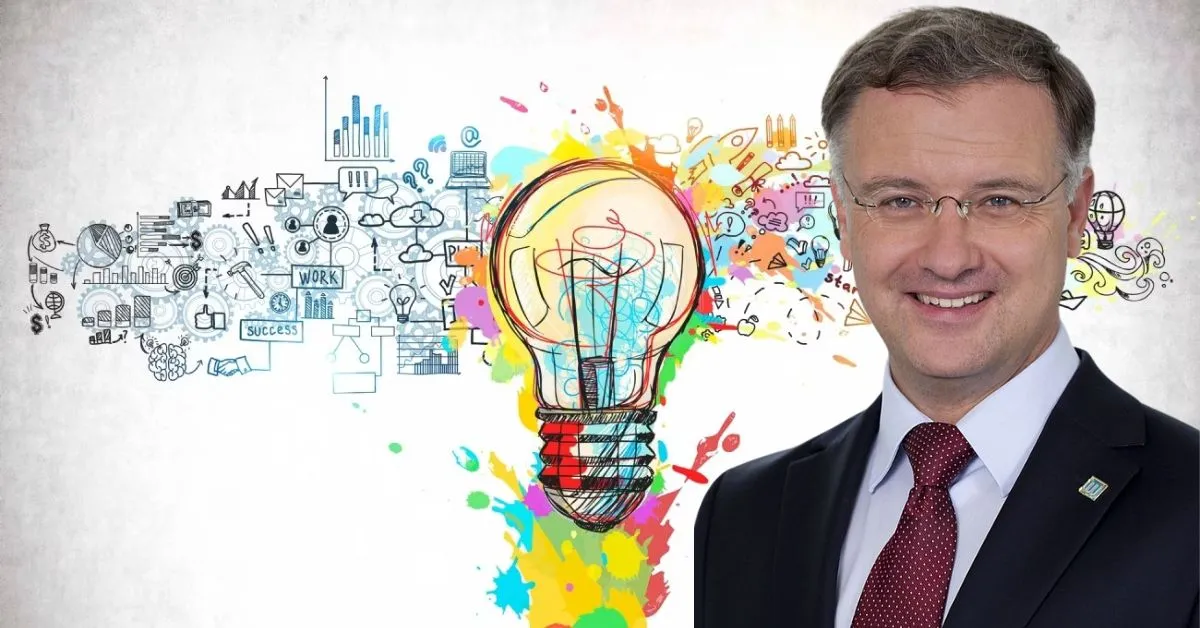Markus Muller’s contributions during the 1900s tell a story of innovation, resilience, and influence in a time when the world was rapidly evolving. Who was Markus Muller, and what did he achieve during this transformative period? While his name might not feature prominently in history books, his impact on engineering, science, and education is undeniable. From revolutionizing machinery to mentoring future leaders, Muller’s work reflects the essence of progress in an era defined by industrial and cultural shifts. This article dives deep into the life and legacy of a man whose work continues to resonate, unraveling the milestones that marked his remarkable journey.
The Historical Backdrop of the 1900s
Before delving into Markus Muller’s specific contributions, it’s essential to understand the world he inhabited. The early 20th century was a time of rapid change. The Industrial Revolution had set the stage for technological advancements, and fields like physics, chemistry, and engineering were advancing at an unprecedented pace. Amid these shifts, individuals like Muller emerged as key players, pushing the boundaries of what was possible.
Markus Muller: The Early Years
Markus Müller’s early life shaped his later pursuits. Born into a time of innovation, he grew up surrounded by the influence of the Industrial Age. Though little is documented about his childhood, it’s clear that Muller’s formative years instilled in him a curiosity for science and a passion for problem-solving. By the time he reached adulthood, he had already begun to make strides in areas that would define his legacy.
Contributions to Engineering and Industry
One of Muller’s most significant achievements during the 1900s was his work in engineering. This was an era when industries were booming and engineering solutions were in high demand. Muller focused on improving the efficiency of machinery, particularly in the manufacturing and transportation sectors. His innovations in mechanical design contributed to the optimization of production lines, allowing factories to increase output while reducing waste.
In transportation, Muller played a role in the development of early motor vehicles. The automobile industry was in its infancy, and engineers like Muller were tasked with solving critical challenges, from engine efficiency to safety features. His work laid the groundwork for several advancements that would become standard in vehicles produced later in the century.
ALSO READ: Your Ultimate Guide to TheVitalMag.net Blog
Advancements in Science and Technology
Muller was also deeply involved in scientific research, particularly in physics and materials science. During the 1900s, understanding of electricity and magnetism was expanding rapidly, and Muller was at the forefront of this movement. His experiments on electrical conductivity and magnetism contributed to the development of technologies such as electric generators and transformers, which were essential for powering homes and industries.
Another area where Muller left his mark was materials science. He explored the properties of metals and alloys, seeking to create stronger and more durable materials for use in construction and machinery. His findings influenced the design of everything from bridges to intricate machine components, demonstrating the practical applications of his scientific work.
Influence on Education and Mentorship
Muller’s influence extended beyond his direct contributions to science and industry. He was also a passionate educator who believed in nurturing the next generation of thinkers. Throughout the 1900s, he worked to improve educational opportunities in technical fields, particularly for young engineers and scientists.
He established workshops and training programs that emphasized hands-on learning, ensuring that his students could apply theoretical knowledge to real-world problems. Many of his proteges went on to achieve great success, carrying forward his legacy of innovation and dedication.
Cultural and Societal Impact
While Muller’s primary focus was on science and engineering, his work had broader cultural implications. His innovations in machinery and materials influenced the way people lived and worked. For example, his contributions to the automobile industry made transportation more accessible, connecting communities and fostering economic growth.
Moreover, his emphasis on education helped create a culture that valued knowledge and innovation. By advocating for accessible technical training, Muller played a role in shaping a society that embraced progress and intellectual growth.
Challenges and Triumphs
Markus Muller’s journey was not without obstacles. Like many pioneers of his time, he faced skepticism and resistance to change. Convincing industries to adopt new technologies often requires persistence and strategic thinking. Despite these challenges, Muller’s determination and vision allowed him to overcome setbacks and achieve lasting success.
Legacy of Markus Muller
The impact of Markus Muller’s work during the 1900s is still felt today. His advancements in engineering and science set the stage for many of the conveniences and technologies enjoyed in modern life. From the streamlined production processes in factories to the reliable materials used in construction, Muller’s innovations have left an indelible mark on history.
Furthermore, his dedication to education and mentorship continues to inspire. By prioritizing the development of future generations, Muller ensured that his contributions would resonate long after his time.
Conclusion
Markus Muller’s activities during the 1900s reflect the spirit of an era defined by progress and innovation. His work in engineering, science, and education showcases a commitment to improving the world through knowledge and creativity. As a pioneer of his time, Muller’s legacy serves as a testament to the power of vision and determination in shaping the future.
FAQs:
What fields did Markus Muller contribute to during the 1900s?
Markus Muller made significant contributions to engineering, scientific research, and education, focusing on machinery efficiency, materials science, and technical training.
How did Muller’s work impact the automobile industry?
Muller played a role in solving challenges related to engine efficiency and vehicle safety, laying the groundwork for advancements in early motor vehicles.
What was Muller’s approach to education?
He emphasized hands-on learning and established training programs for engineers and scientists, helping to cultivate practical skills and innovation.
Why is Markus Muller’s legacy important?
His innovations in engineering and science, along with his dedication to education, have had a lasting impact on technology and society.
What challenges did Markus Muller face during his career?
He encountered skepticism and resistance to adopting new technologies but overcame these hurdles with persistence and a clear vision for progress.











